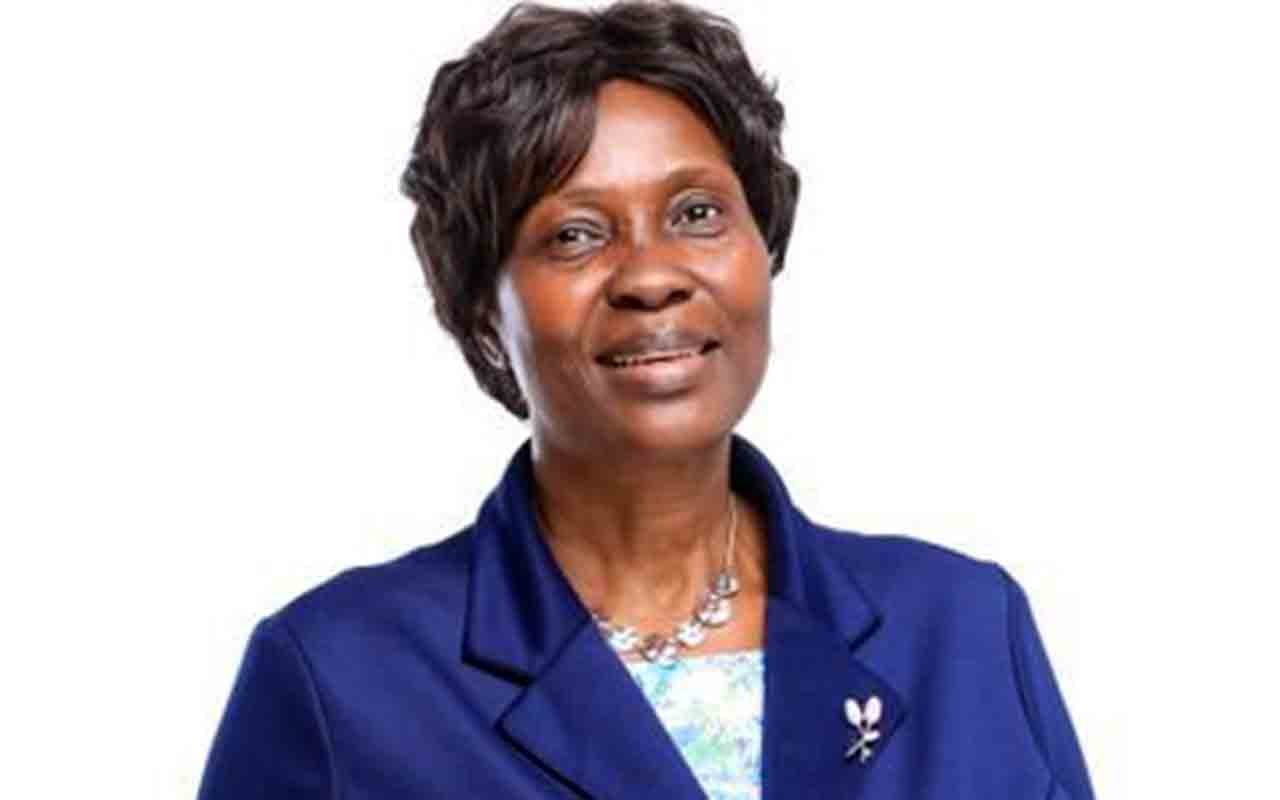MPs renew push for minimum wage

Workers MP Margaret Rwabushaija. Photo/Courtesy
What you need to know:
- Workers MP Margaret Rwabushaija said laws on the welfare of employees need to be handled with urgency, adding that Uganda is the only East African country without a minimum wage.
Legislators on the Parliamentary Forum on Labour, Decent Employment and Productivity have renewed the call for the government to set a minimum wage.
The legislators, who had convened for training on policy-making in Entebbe on April 22, said the fate of Ugandan workers has been left at the mercy of employees which has exposed many to exploitation and poor pay.
Ms Sarah Opendi (Tororo) said: “There is a lot of exploitation of workers especially, in the private sector. Everyone employs Ugandans at the rate they want and because people want employment they simply work. We cannot continue promoting investors who are exploiting our people. There are efforts but they have not yielded, very soon we shall have this bill presented.”
Workers MP Margaret Rwabushaija said laws on the welfare of employees need to be handled with urgency, adding that Uganda is the only East African country without a minimum wage.
“The law [Minimum Wage Bill] has suffered a lot of back and forth, even the Employment Act has not yet been assented to and we are wondering why laws on labour are not handled urgently,” she said.
Mr Pius Wakabi (Bugahya MP) said they are prepared to advance their arguments to sway government on the idea of a minimum wage.
“If given an opportunity, I will bring it up because Ugandans are being underpaid,” he said.
The 10th Parliament in 2019 passed the Minimum Wage Bill, 2015 that sought to set up a minimum wage determination mechanism across different sectors of the economy.
This was, however, rejected by President Museveni, who argued that putting a cap on pay would keep away investors.
While the legislators have not found any figure, the Minimum Wages Advisory Board in 2017 recommended Shs136,000 as the lowest pay for any worker
According to ratings by the International Labour Organisation, Uganda spends only 0.7 percent of its GDP on social protection, leaving the majority of citizens vulnerable.
Ms Berivan Erbil Pamuk, a decent work and social protection expert at Enabel, a Belgian development agency, said social protection includes policies and programmes aiming at preventing or protecting people from vulnerability, social exclusion and poverty.
She called for more investment in sectors that are key to the welfare of citizens.
“There is a lack of financing and we need more advocacy to invest in it. We have some policies but they do not involve the majority of the people, especially in the informal sector,” she said.
Ms Pamuk also said the State could make investments in supporting people living in extreme poverty, offer unemployment benefits, and provide meals in schools, among others.
“It is unfortunate that Uganda ranks least in social protection. We must be able to support people at a time when they are vulnerable. If you look at the funds we lose in corruption, it can provide all the social protection,” Ms Opendi said
Case backlog
Ms Rwabushaija called for the appointment of more judges to the Industrial Court, which handles labour disputes, to address the issue of case backlog. She revealed that more than 1,000 cases are stuck at the court that currently has only two judges.
“We need at least five judges to be spread across the regions so that it becomes easier for aggrieved parties to get justice. Imagine you were employed in Karamoja and you have to come to Kampala every time to follow up on your case,” Ms Rwabushaija said.




